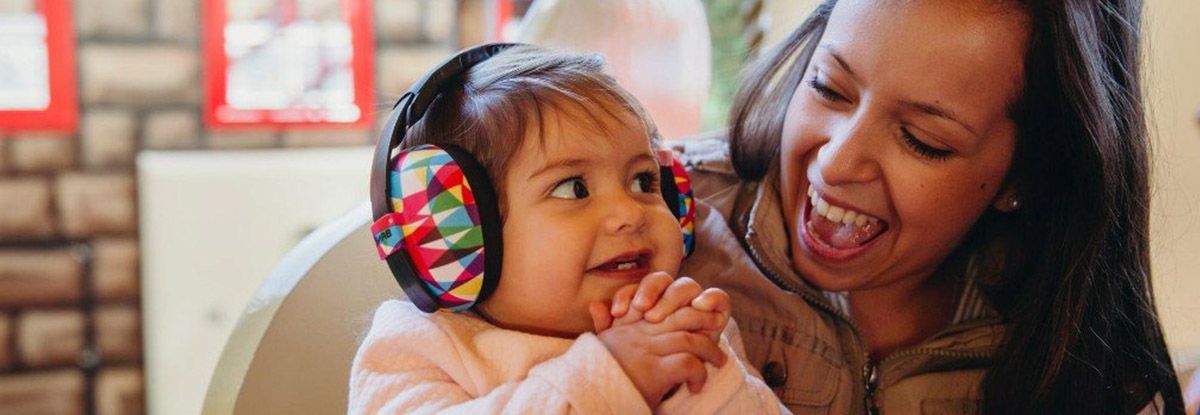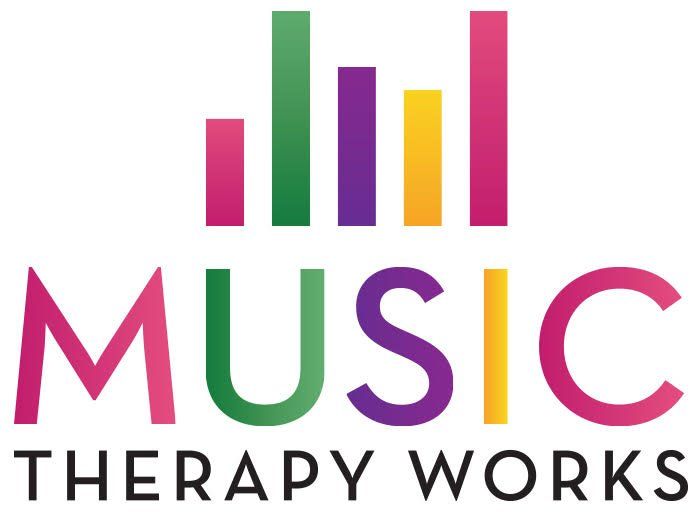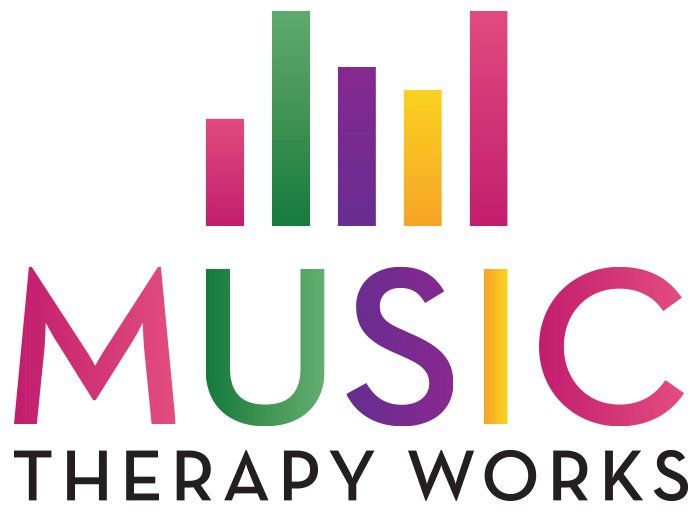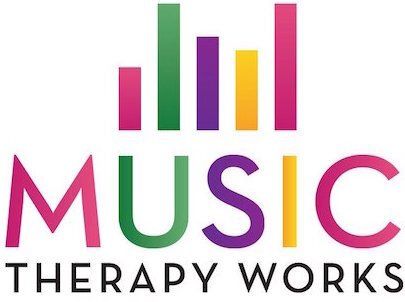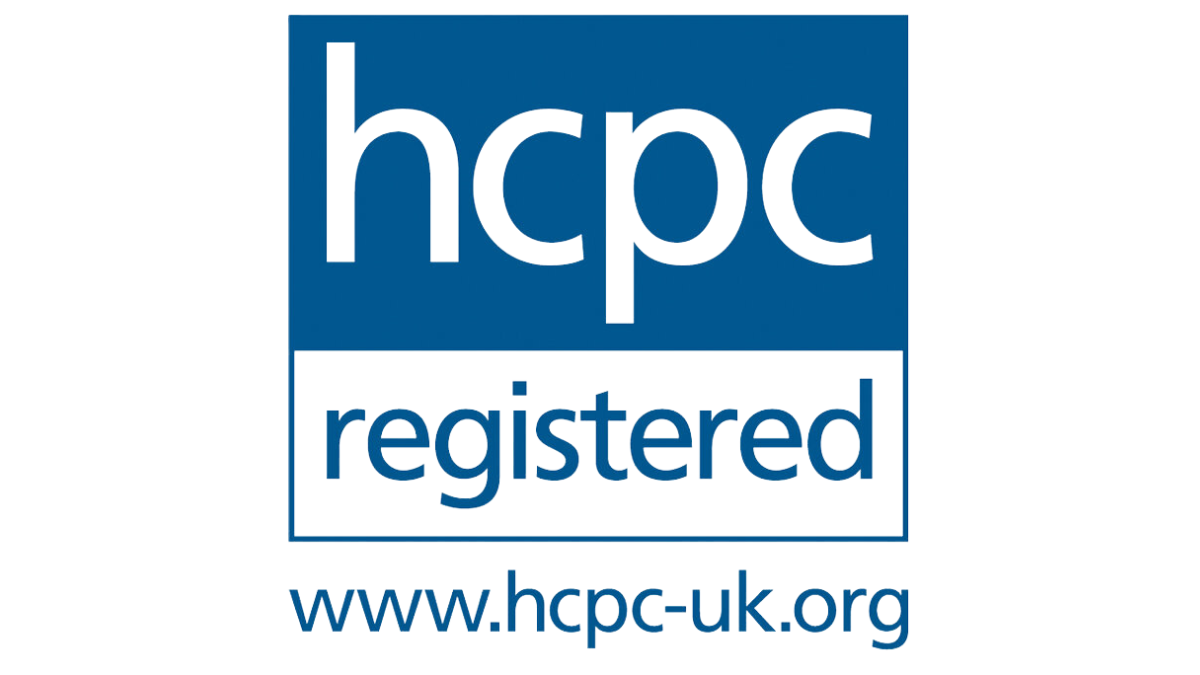Adoption and Fostering
Music therapy can provide a safe space for children and young people who have been adopted or fostered to nurture sense of self, regulate emotions and explore experiences around loss and trauma. Therapists can work one-to-one with the child, alongside parents/guardians or with the whole family unit. Musical patterns form the foundation of our earliest experiences of attachment, so engaging in shared musical play naturally enables strong bonds to be built.
Music Therapy can...
- help to promote positive attachments through shared experiences
- create a safe space in which to process trauma and loss
- nurture innovative and adaptive ways of enhancing parent-child connections
- develop and enrich social and communication skills, both verbal and non-verbal.
